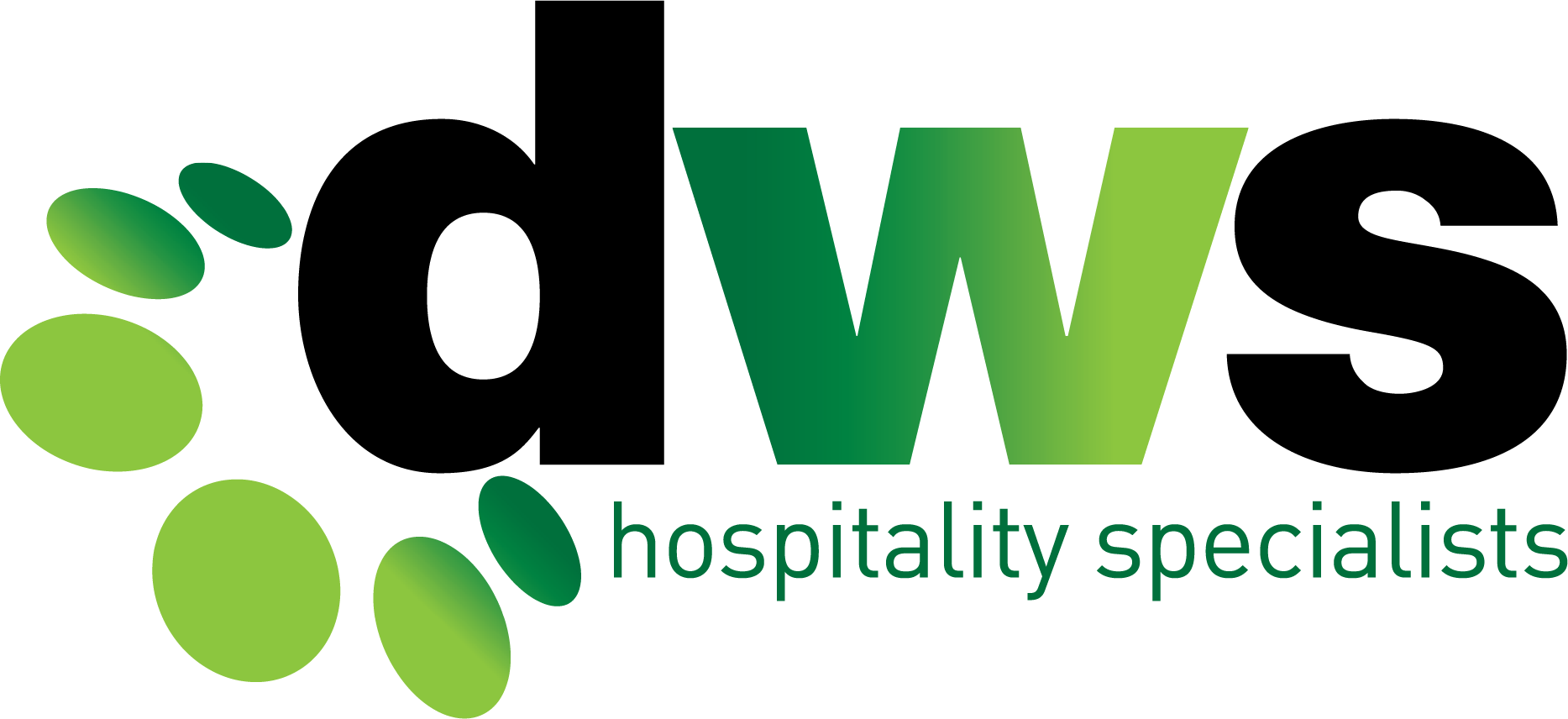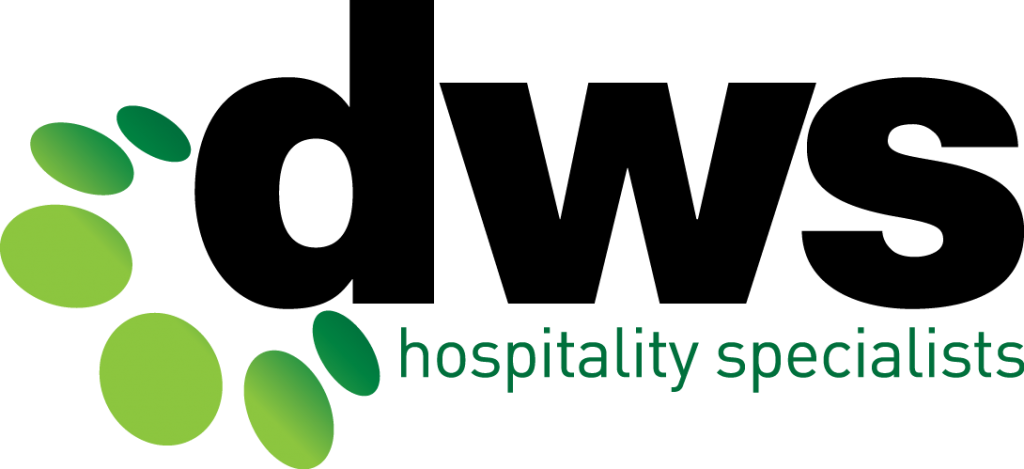
Although the health of your diners is more than enough reason to practice proper health and safety procedures, there are also penalties for businesses that go beyond poor dining experiences, causing illness and loss of reputation from bad publicity. For each offence under the Act, fines can range from $2,000 to $100,000 or you can face 2 years imprisonment.
Fines issued for incorrect cleaning, hygiene, food safety monitoring and food storage practices, and food safety training are just some of the many ways in which businesses can be penalised. With all of these different components, it is a tough job to ensure that the food you are serving is safe. Even in light of potential fines and legal action, your venue’s damaged reputation might just be the hardest part to repair.
We live in a highly regulated world, involving all sorts of hoops to jump through in order to achieve optimal compliance. Following and implementing a Class 2 Food Safety Program or an Independent Food Safety Program is one way venues are keeping abreast of the challenges.
Generally, there are two areas that usually expose a business to either, action from a regulatory body or civil action taken against you from your customers;
Food Safety Challenge 1: The Serving of Food
Venues serve food to a range of demographics, from very young to the aged. Community Clubs in particular are at greater risk with an increased aging client base and, as such, serving food to people with potential health problems is a significant risk that must be considered.
Your venue must have procedures in place to ensure that the food you serve is safe. In Victoria, it is a legal requirement that you have a Class 2 Food Safety Program. Venues can also choose to put in place an Independent Food Safety Program. The monitoring of these programs is of vital importance, especially with regard to any action taken against the venue with regard to a food poisoning complaint.
Having these procedures in place will help to validate that your food operation is doing everything reasonably practical, to ensure food safety standards are maintained.
Food Safety Challenge 2: Monitoring Food Safety Procedures
The 24/7 nature of the hospitality industry generally means we are time poor and dealing with issues on the run, this can lead to the monitoring of Food Safety Systems to drop down the list of importance. In particular, the maintenance of food safety training systems, the monitoring of cleaning and sanitising schedules and staff food handling procedures can be the first to drop off the radar. Having simple food safety procedures with easy-to-understand reporting and recording procedures can go a long way in assisting your venue to remain compliant.
Perhaps one of the most important elements of your Food Safety Program is staff training. Every staff member that handles food in your operation must be trained in the specifics of your establishment’s Food Safety Procedures and/or Program and recorded for future reference. You must then confirm, through your Food Safety Supervisors, that all areas are sufficiently monitored to ensure that food safety protocols are being followed.
Common food safety issues that can lead to fines:
- Kitchen cleanliness – not having adequate cleaning and sanitisation procedures in place.
- Pest infestation issues – poor cleaning and poor food storage practices.
- Basic hygiene principals not being adhered to – poor hand washing practices, unsuitable clothing being worn in a kitchen, jewellery not being removed, and hair not being tied up or kept in a hairnet.
- Basic food storage principals not being adhered to – uncovered and unlabelled food items, poor storage in dry store areas, pest issues, and cross contamination issues from raw food being stored above ready to eat foods.
- Food preparation protocols not being observed – time and temperature logging procedures and processes not being followed.
Could your venue afford to be fined, lose its Food Business Licence or take a direct hit to its reputation?
DWS has assisted many venues in simplifying their current food safety procedures including the streamlining of government approved reporting forms and development of cleaning and sanitising procedures and schedules, tailored to specific venues. This has helped ensure that line management can quickly and efficiently monitor how your food operation is tracking and maintaining food safety compliance.
For assistance with your venue’s food safety program, please contact the DWS Saftey & Compliance team on safety@dws.net.au or 07 3878 9355.




